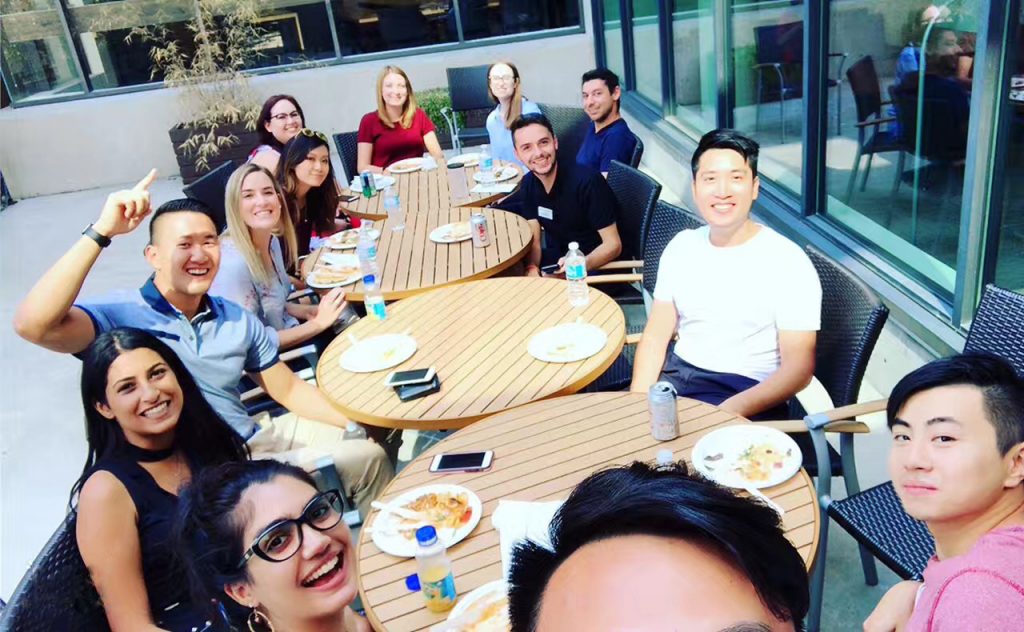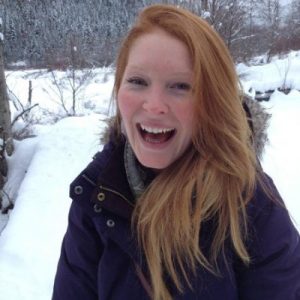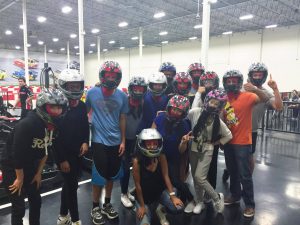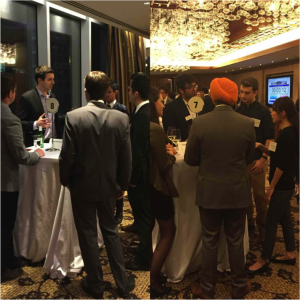When Arushi reached out me to write something for the blog, I immediately thought of sharing how important relationships and friendship is to me.
I think all of you know by now that I had a surgery right after my arrival in Vancouver, but I’ve never really talked about my feelings and the logistics of the event. So I want to share that with you today and talk about how essential people are in my life.
I was lying in the operating room, shaking and trembling from head to toe, as not only did I spend five days all alone without food and a single drop of water but also because I lied there without anyone by my side. My friends, loved ones and family were all back home and no one was there to comfort me as I got my very first anesthesia that would potentially knock me out, for the doctors to surgically remove an organ from my body. The idea itself sent shivers down my spine. Now imagine having to go through it all alone. I was just staring at the dazzling, pale lights as a group of strangers, with their faces behind a mask surrounded me, preparing for the surgery in silence. I woke up alone in the middle of night, in a room that was dark and quiet, I was even wondering if I was even alive. That was that time I found myself craving for a friend by my side. I just needed for someone to take care of me, to support me and to understand my feelings.
I believe friendship is not something that’s easy to gain and maintain. It’s something that happens naturally, without an obvious intention. For me, it happened when Terry said the words – “Don’t be afraid, we got your back”- when I was giving up at the Ropes Course (this was during the second day of orientation for MM). It happened when Julia shared two long paragraphs with me sharing her tactics on how to learn things effectively. It also happened when Janice called me anxiously when she realized I was lost in a bus route change. It happened when Jing rode the bus for almost an hour to bring me my charger, when she herself had a lot of things to do as she was settling down in her new apartment. I think these little things add up and that’s how you end up with a support system. There are so many instances wherein a bunch of my classmates came up to me to appreciate my contribution. They certainly helped me conquer my fears, become more confident, relieve me of stress and most important of all – understand me.
It’s hard to forge friendships in a different cultural setting, using an unfamiliar language, but I was so lucky to have such an amazing network of classmates that are supportive, honest and genuine.
Written by Jerry (Zhirui) Liu MM ’18

 Follow
Follow

 It has to do with the mismatch between modern and ancestral environments. The characteristics humans possess today are a result of adaptations to a multitude of social and physical challenges our ancestors faced, which may not be well-adapted for life in our modern society. Unfortunately for us, social fear is the result of this mismatch.
It has to do with the mismatch between modern and ancestral environments. The characteristics humans possess today are a result of adaptations to a multitude of social and physical challenges our ancestors faced, which may not be well-adapted for life in our modern society. Unfortunately for us, social fear is the result of this mismatch.